
Ideas and games that foster and nurture my child’s imagination
Key points: The article provides ideas for parents to set up imaginative play scenarios for their children. The activities include pretending to go…
Discover the key milestones of physical, cognitive, linguistic and socio-affective child development and understand the science behind child development.
Discover the key milestones of physical, cognitive, linguistic and socio-affective child development and understand the science behind child development.

Key points: The article provides ideas for parents to set up imaginative play scenarios for their children. The activities include pretending to go…
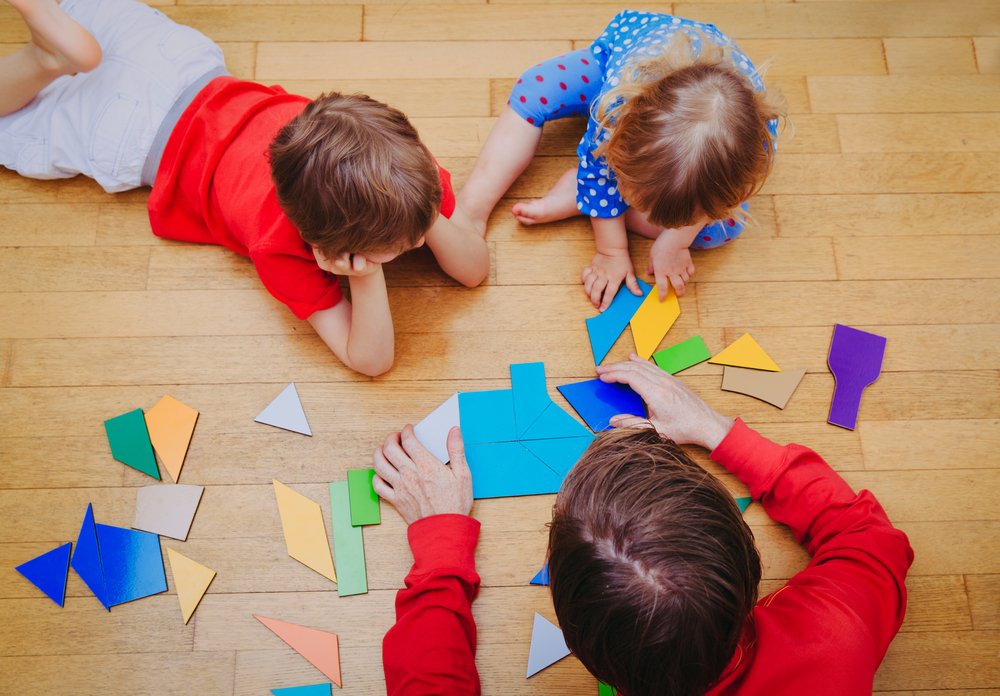
Key points: The ability to notice and identify colors and shapes is important for describing the world around us. Engaging in games and…
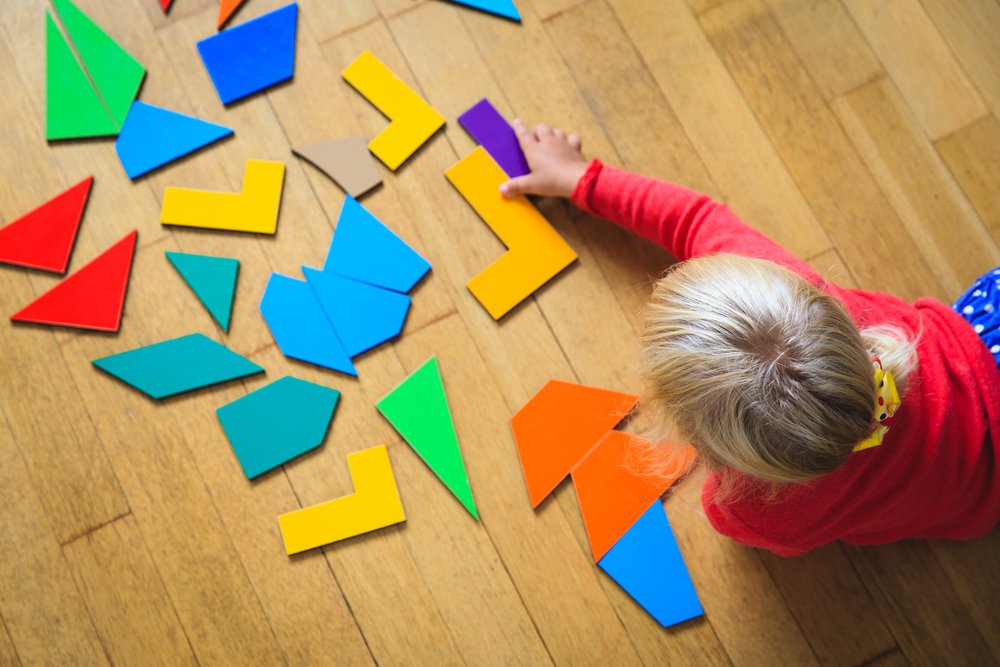
Key points: The American Academy of Pediatrics suggests that children between 2 and 3 years of age learn to discriminate colors and shapes…

Key points: Visual object recognition is a complex mechanism that depends on a multitude of other cognitive processes. Between 2 and 3 years…
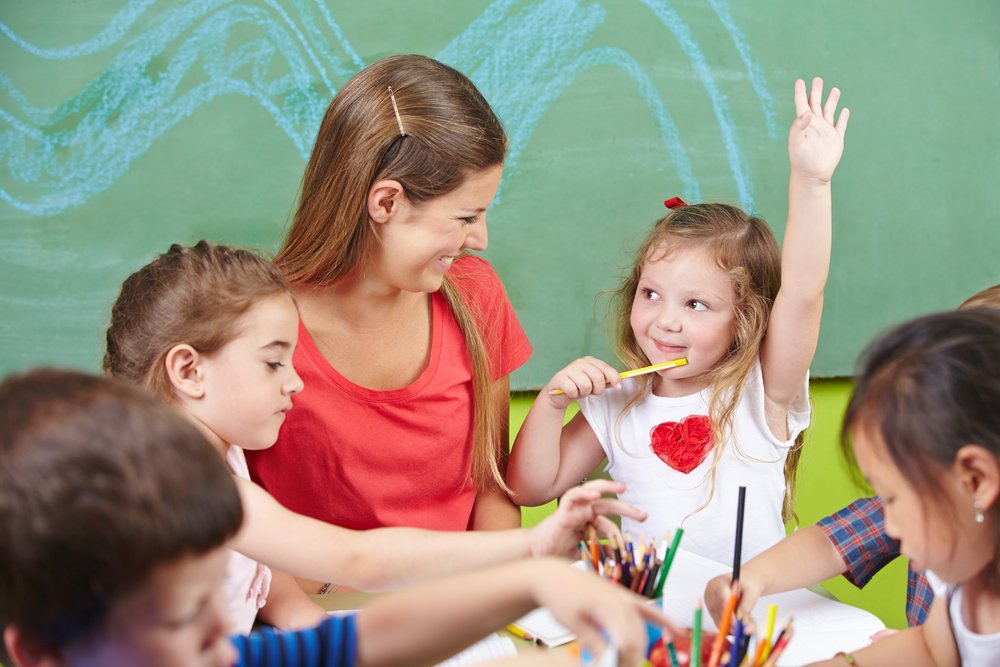
Key points: A child’s memory and attention skills during the first four years of life can predict academic achievement once they start formal…

Key points: Working memory is important for short-term mental tasks and allows us to hold information in our minds. The exact areas of…
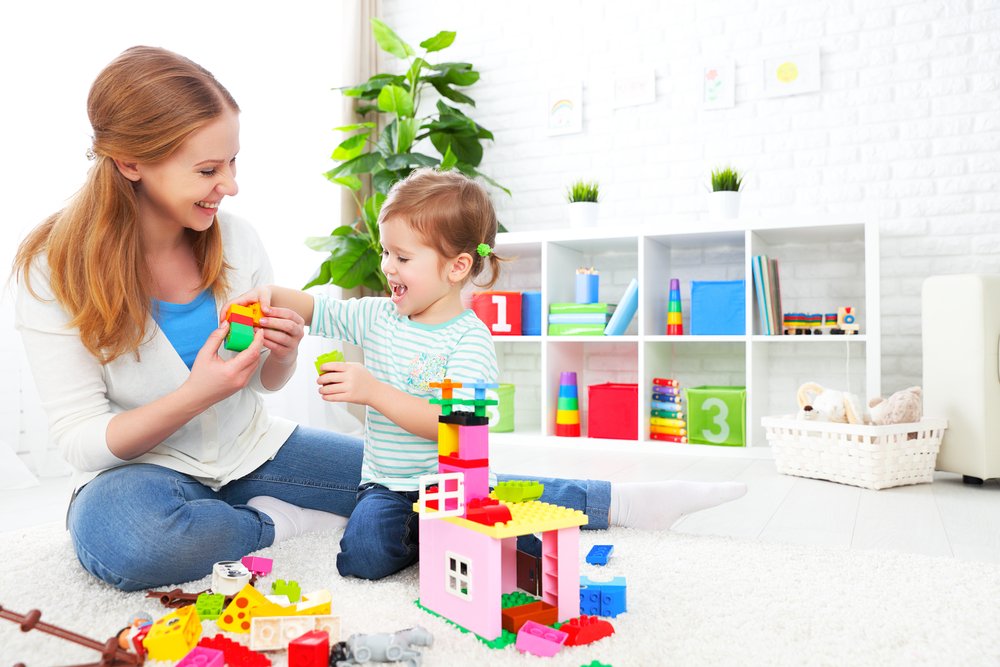
Key points:1. Incorporate your child’s interests or favorite toys to make activities fun and engaging.2. Be mindful of your child’s developmental stage; attention…
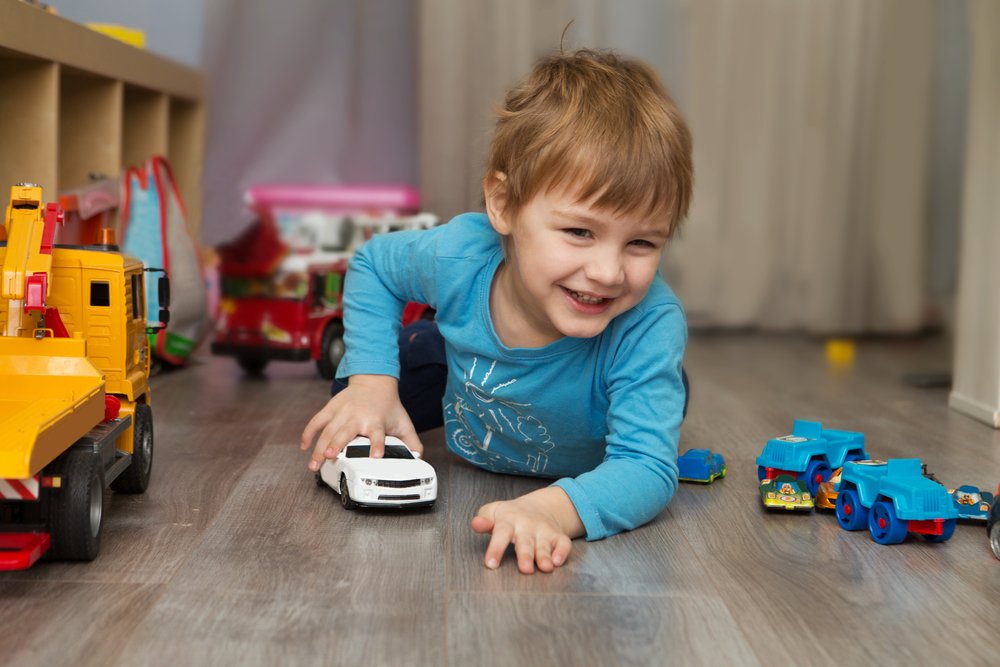
Key points:1. Attention skills involve three cognitive networks: alerting, orienting, and executive control.2. Alerting is staying sensitive to information, orienting is focusing on…

Key points:1. Between 36-48 months, preschoolers work hard to develop memory skills, recalling songs, stories, and more.2. Memory development begins before language, relying…

Key points:1. Memory development in children is closely linked to their existing knowledge and experiences.2. A child’s ability to encode and recall memories…

Key points: Attachment is a deep emotional bond between individuals, often observed in child-parent relationships. Attachment significantly influences a child’s emotional, social, and…

Key points:1. Children aged 18-24 months can be exposed to high-quality children’s media with guidance.2. Between ages 2-5, children can watch up to…
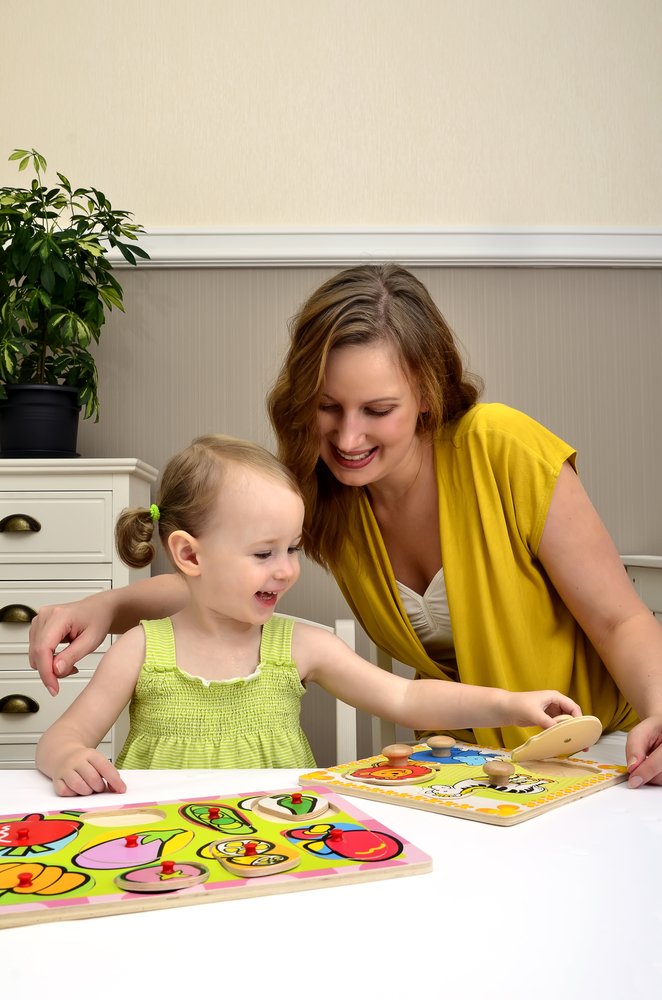
Key points:1. Preschoolers, at around 3-4 years old, are highly curious and eager to understand how things work.2. Encouraging children to ask questions…

Key points:1. Answering a child’s questions fosters cognitive development, stimulating reasoning and problem-solving skills.2. Cognitive skills develop between 36 and 48 months of…

Key points:1. After 24 months, toddlers show a keen interest in understanding how things work and their relationships.2. The incessant “why” questions from…
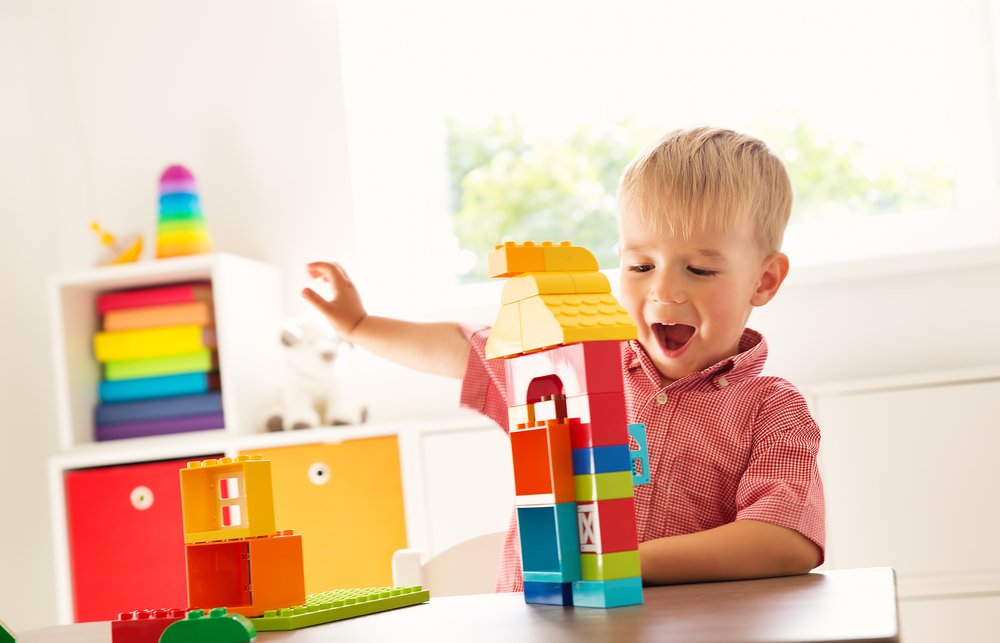
Key points:1. Between 3 and 4 years old, children master gross motor control and posture skills.2. They can maintain stable posture while sitting,…

Key points:1. Preschoolers as young as 3 can distinguish between appearances and reality.2. They can describe both real and fantastical aspects accurately.3. Understanding…
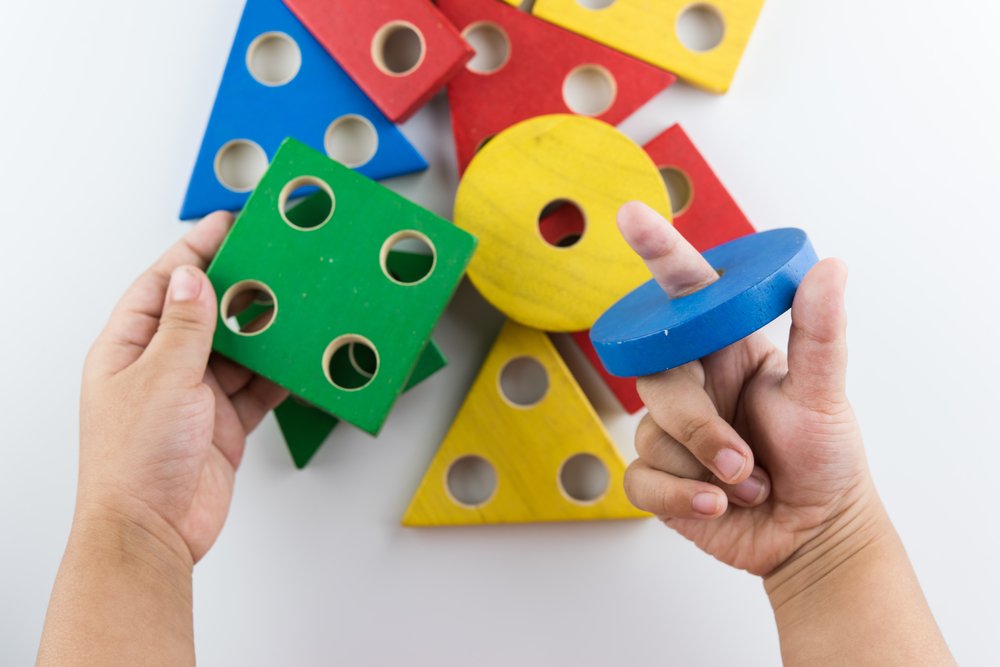
Key points:1. Around age 3-4, children begin understanding object characteristics and properties.2. They progress from identifying shapes and colors to comprehending abstract qualities…
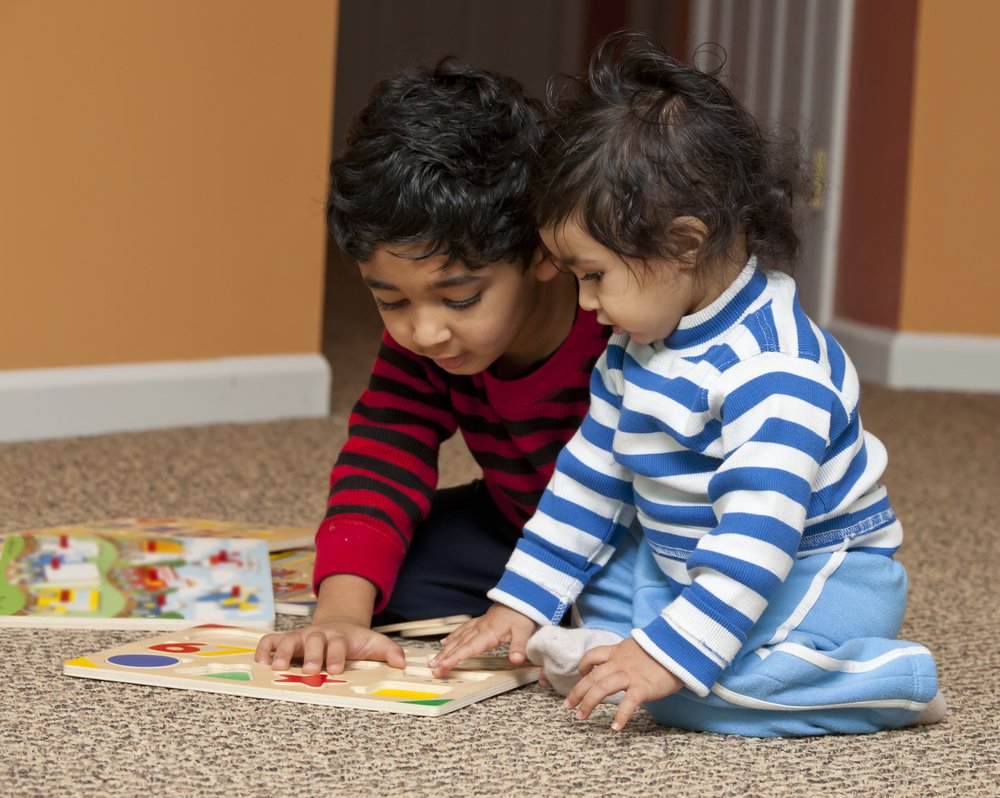
Key points:1. Infants rapidly absorb information about their world by 12 months.2. Around ages 3-4, children start understanding specific object functions and their…
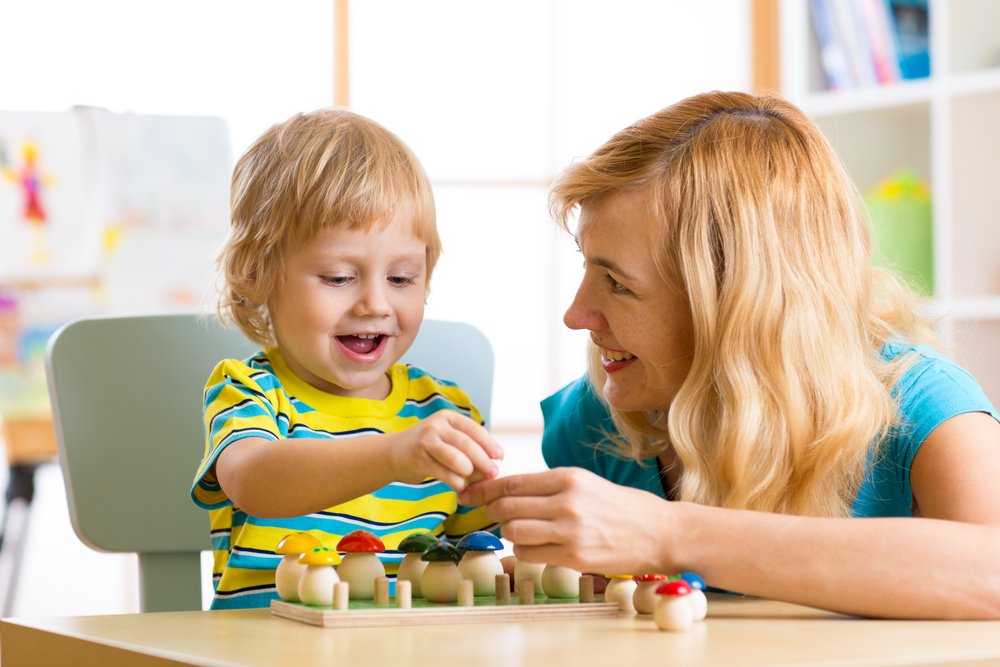
Key points: Ages 36-48 months: Children develop conceptual reasoning skills. Concepts include size, distance, speed, height, weight, and order. Use daily experiences to…
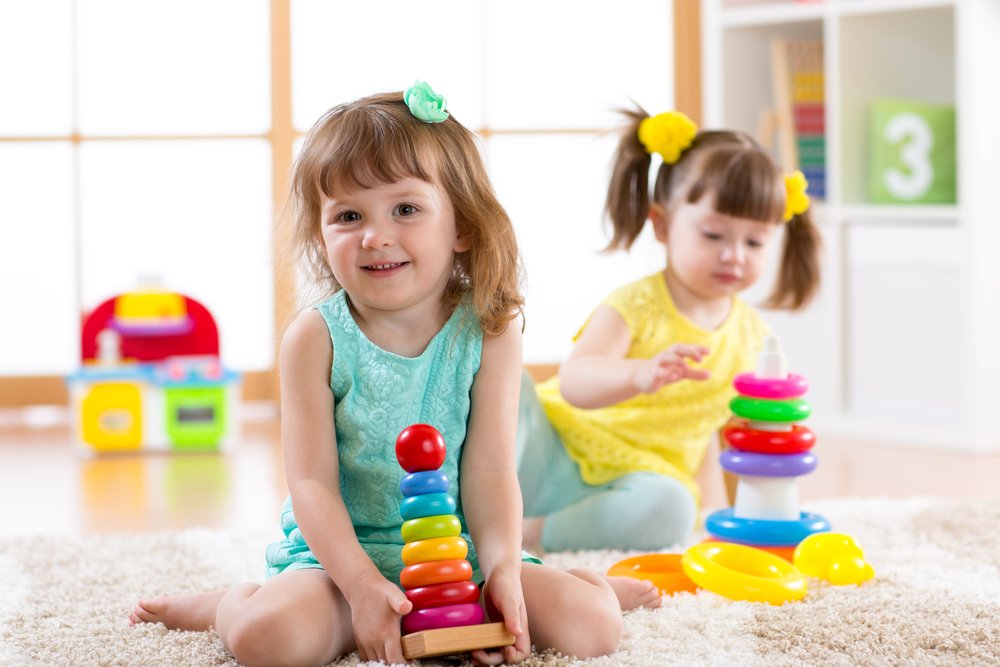
Key points: Preschoolers undergo significant cognitive changes, reaching a stage of enhanced mobility, emotional independence, and increased vocabulary. Developing conceptual reasoning skills around…